The Story of Toyota Community
After the war erupted in the Democratic Republic of the Congo, its aftermath crushed the local economy and displaced millions of people. A new university combined with the success of the mining company has brought a growing number of people to the Toyota area. With this has come an increase in traffic, escalating the risk of accidents when the children cross the busy roads and a spike in problems with alcohol abuse.
A road cuts through Toyota that heads straight out to the mining hills where many youths and Primary Care Givers are drawn into illegal and dangerous work. Toyota sprawls on the edge of Likasi town, attracting the most desperate with strongholds of alcohol abuse, drugs and prostitution. COVID has further intensified the desperate situation of people living in this place and there have been many struggles with poor nutrition because of the restrictions everywhere.
In 2006, the number of orphaned children in Toyota Community was enough to move a group of men and women in the community to begin caring for the vulnerable children. Through the partnership between Hands at Work and the newly created Tujenge Community Based Organisation (CBO), the local Hands at Work team in Likasi and the Care Workers worked together to identify those most in need.
80 Children currently supported
8 Care Workers Coordinated by Asie
Basic Services Started in 2008
7 KM from the Likasi Local Office
Reaching out to the local churches for support, the volunteer Care Workers began walking a long road to support the most vulnerable. Initially, the Tujenge CBO began by caring for and serving 50 of the most vulnerable children, supporting them with the three essential services of a hot, nutritious meal daily, education and basic health care. Though there are many challenges and obstacles in Toyota, the Care Workers are committed to their calling and have been able to increase the number of children being cared for to 150.
The Care Point in Toyota is a safe place where children can come to receive their daily meal as well as love, care and attention from the Care Workers. There is a second feeding point in Toyota so that some of the children do not have to walk so far in the sprawling community.
Visiting orphaned and vulnerable children in their homes is the foundation of everything that Hands at Work does. Regularly, Care Workers visit the children in their homes, thus building strong relationships of love and trust. Having developed strong relationships with the children enables the Care Workers to support each child’s physical, emotional and spiritual needs on an individual basis. Additionally, it helps to accurately assess each child’s needs and make a plan for how to best care for them.
The local Hands at Work team in Likasi currently supports seven Community Based Organisations, which exist to care for the most vulnerable in their communities. The office provides training, networking, and encouragement to those Community Based Organisations like Toyota A. It also gives administrative support, including helping with funding proposals, monitoring and evaluation, bookkeeping and reporting to donors.
BE INSPIRED BY UPDATES FROM TOYOTA COMMUNITY
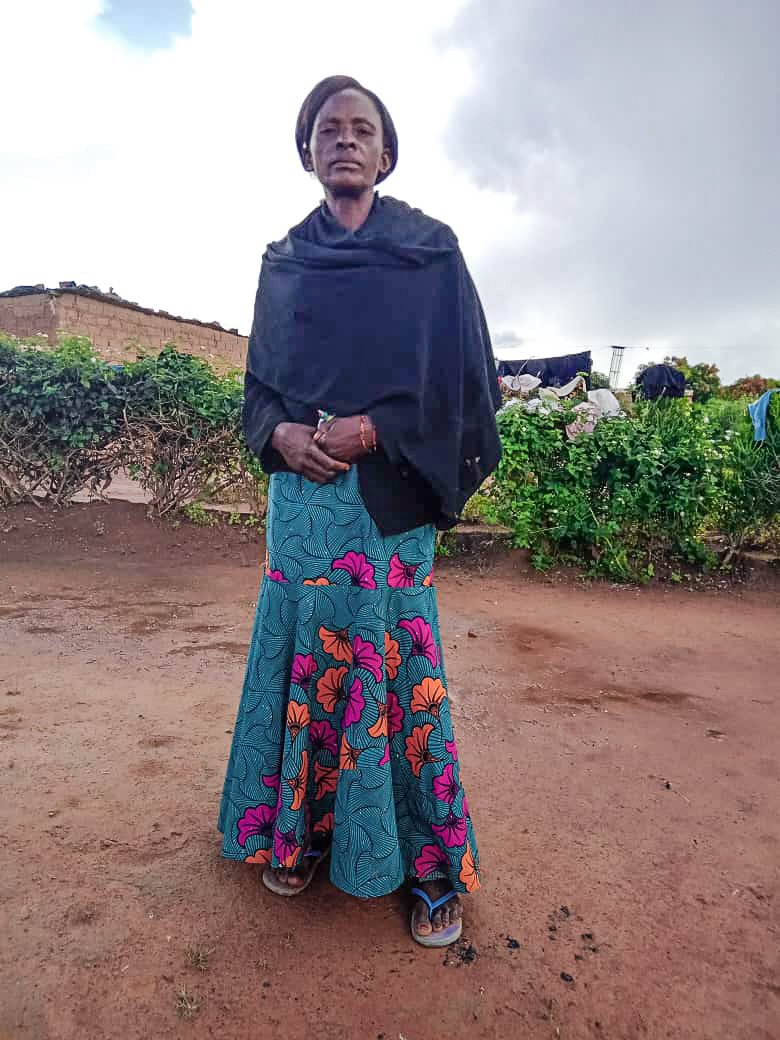
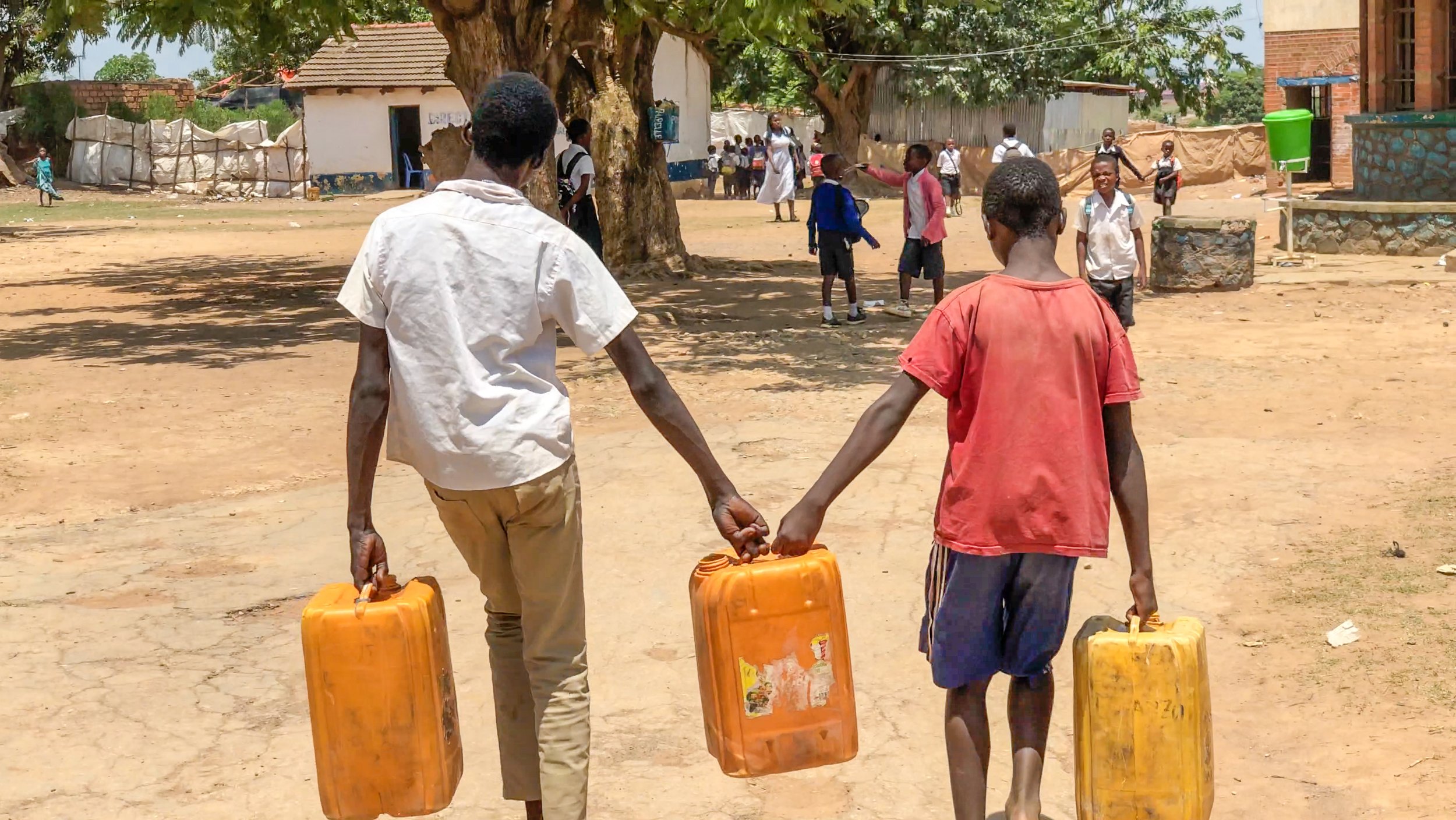
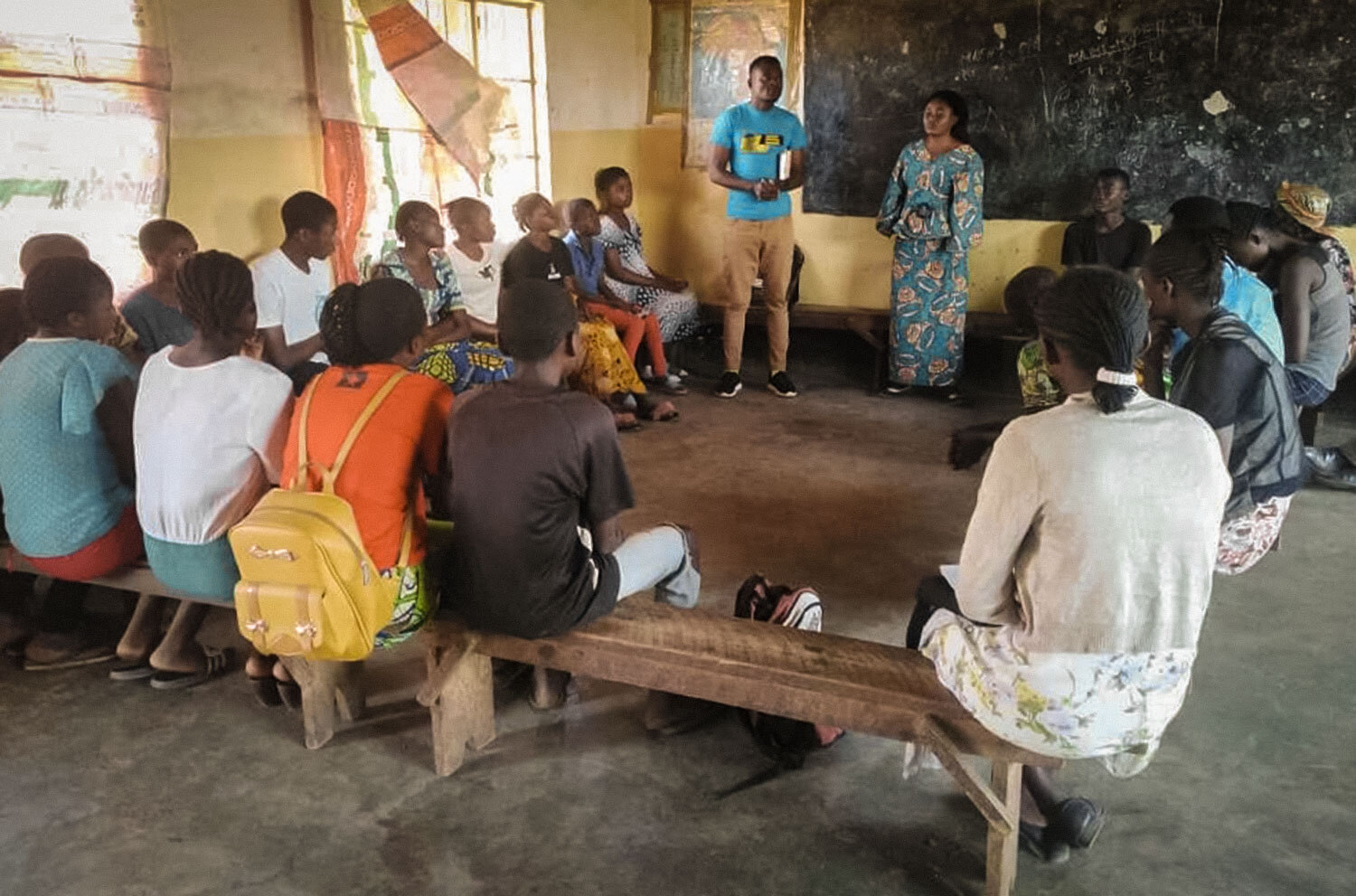

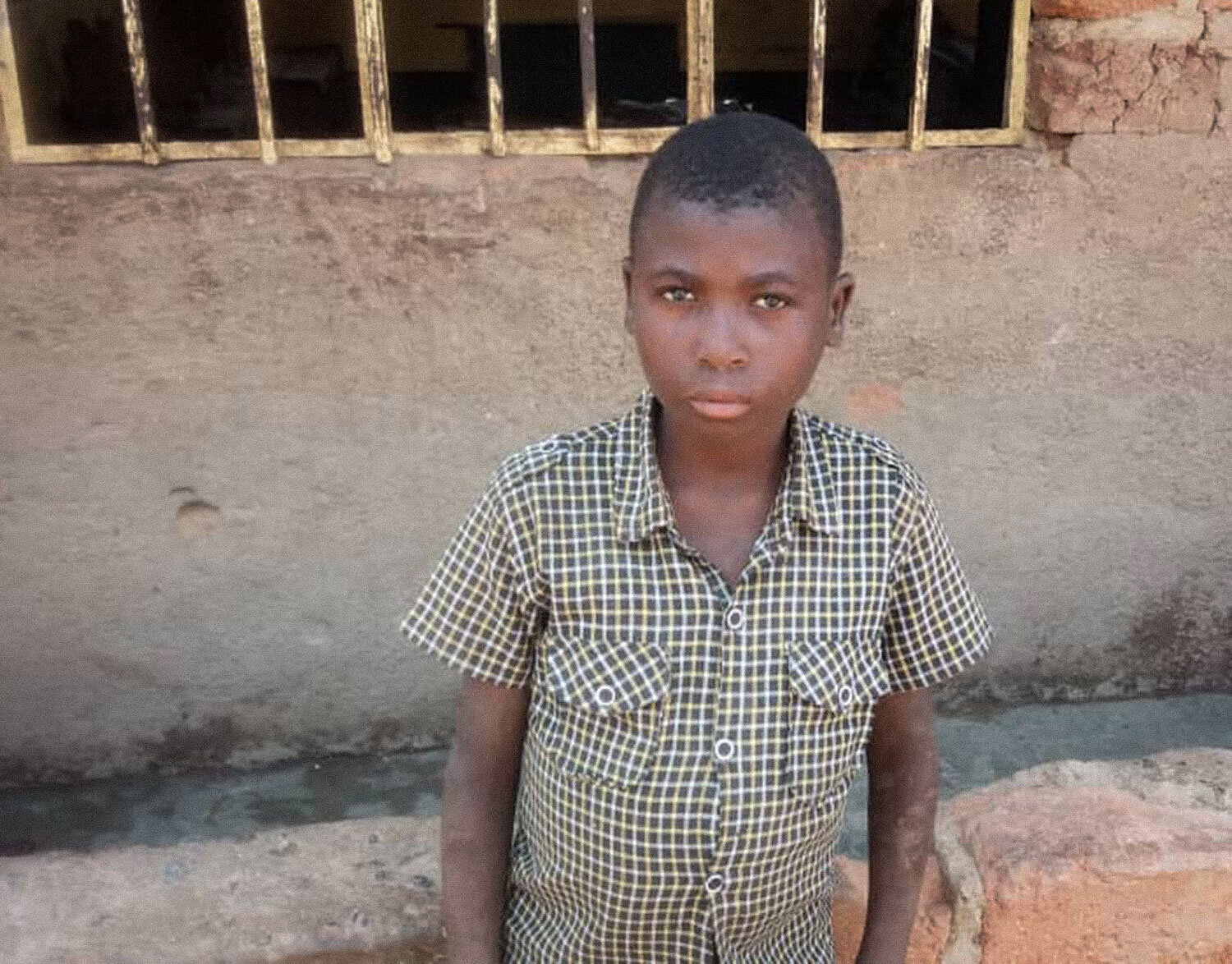
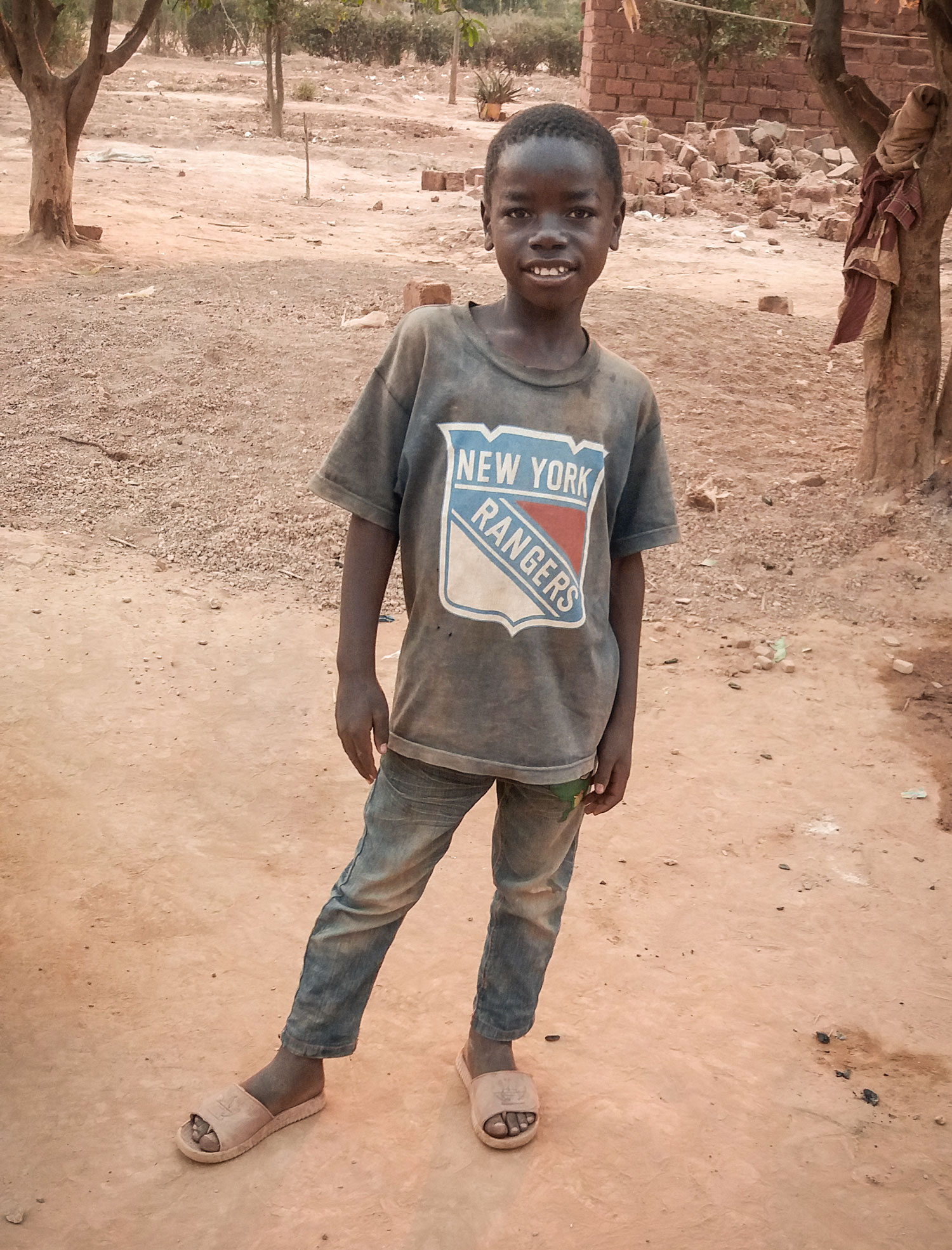

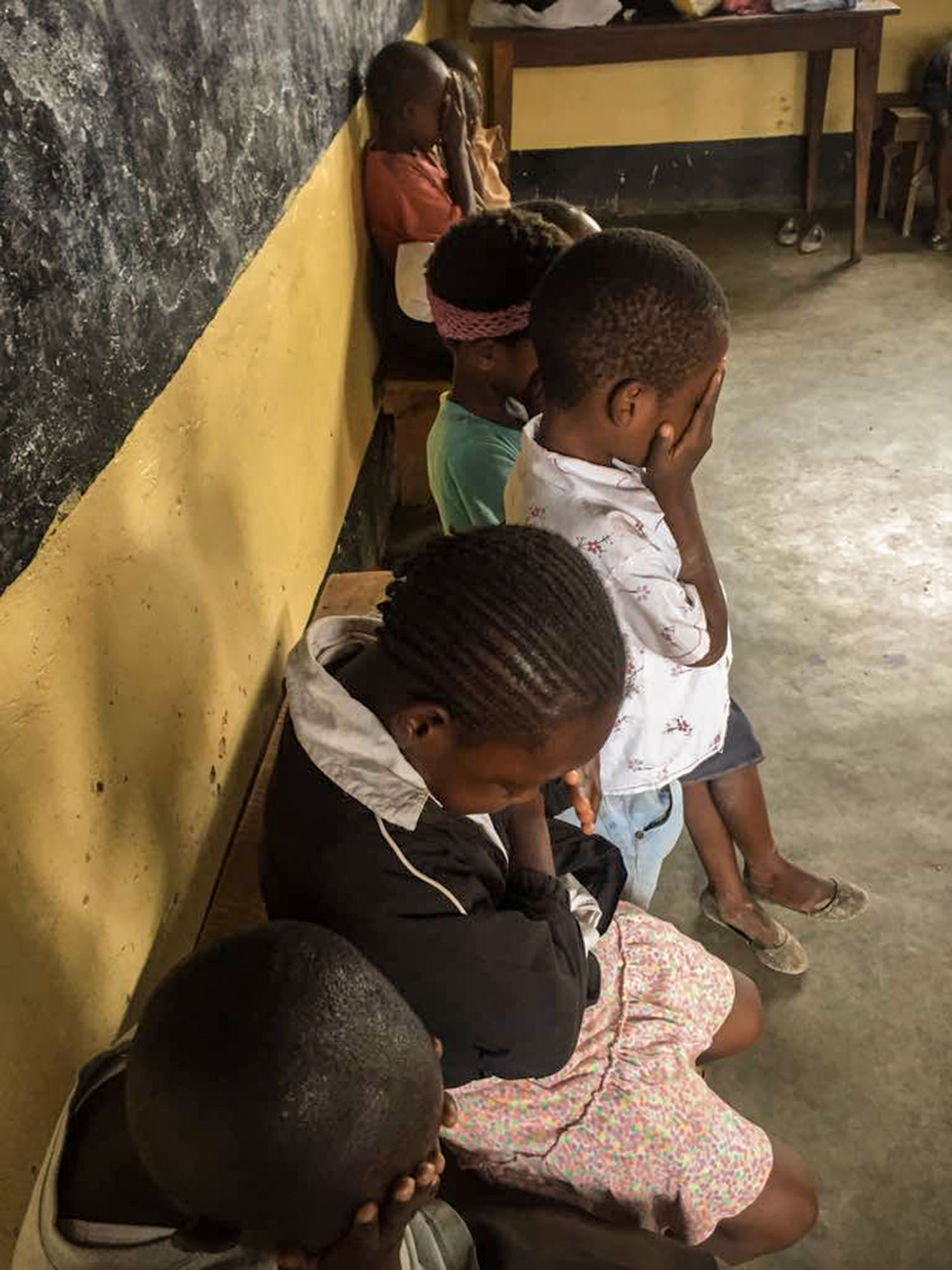
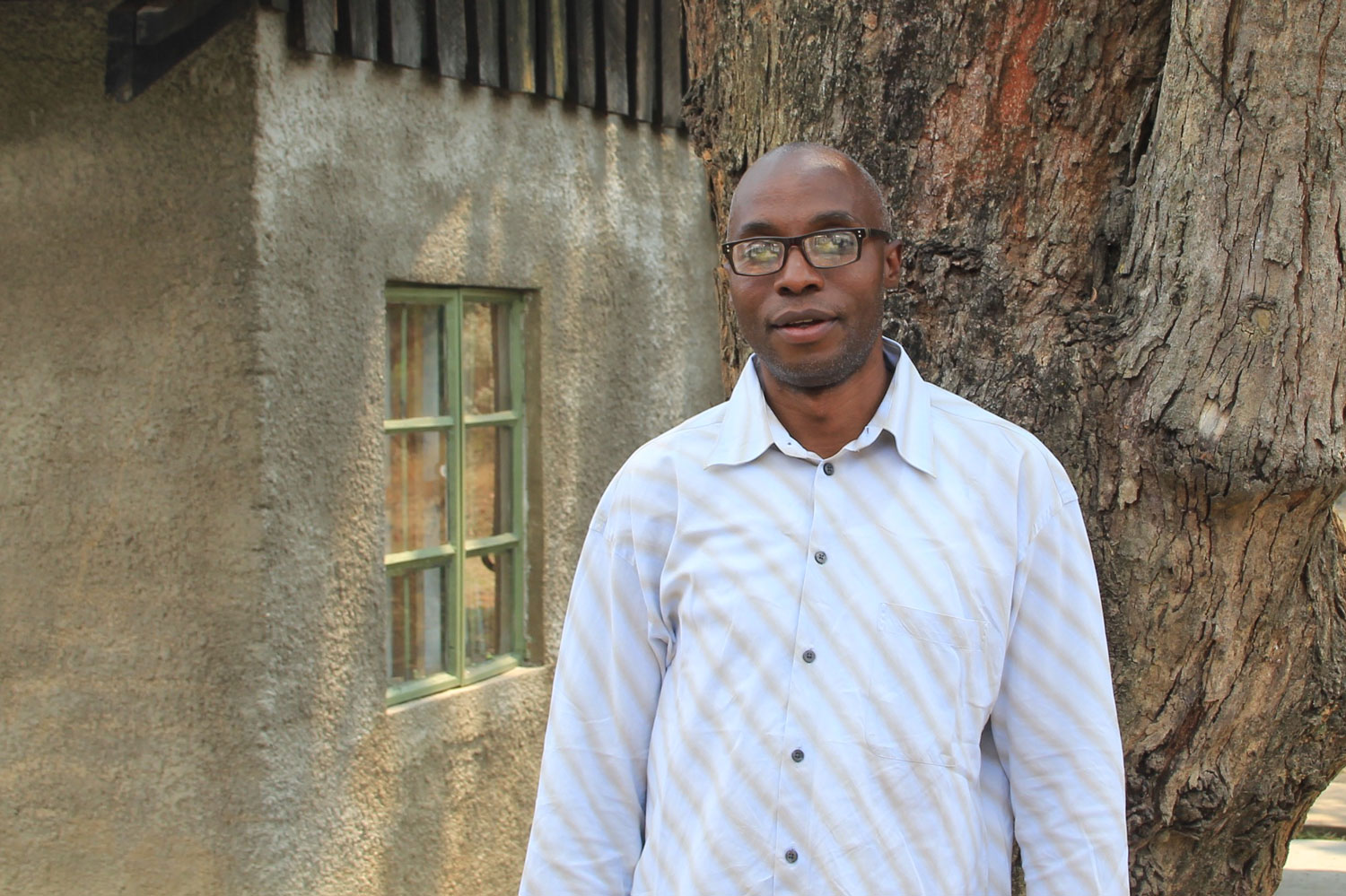






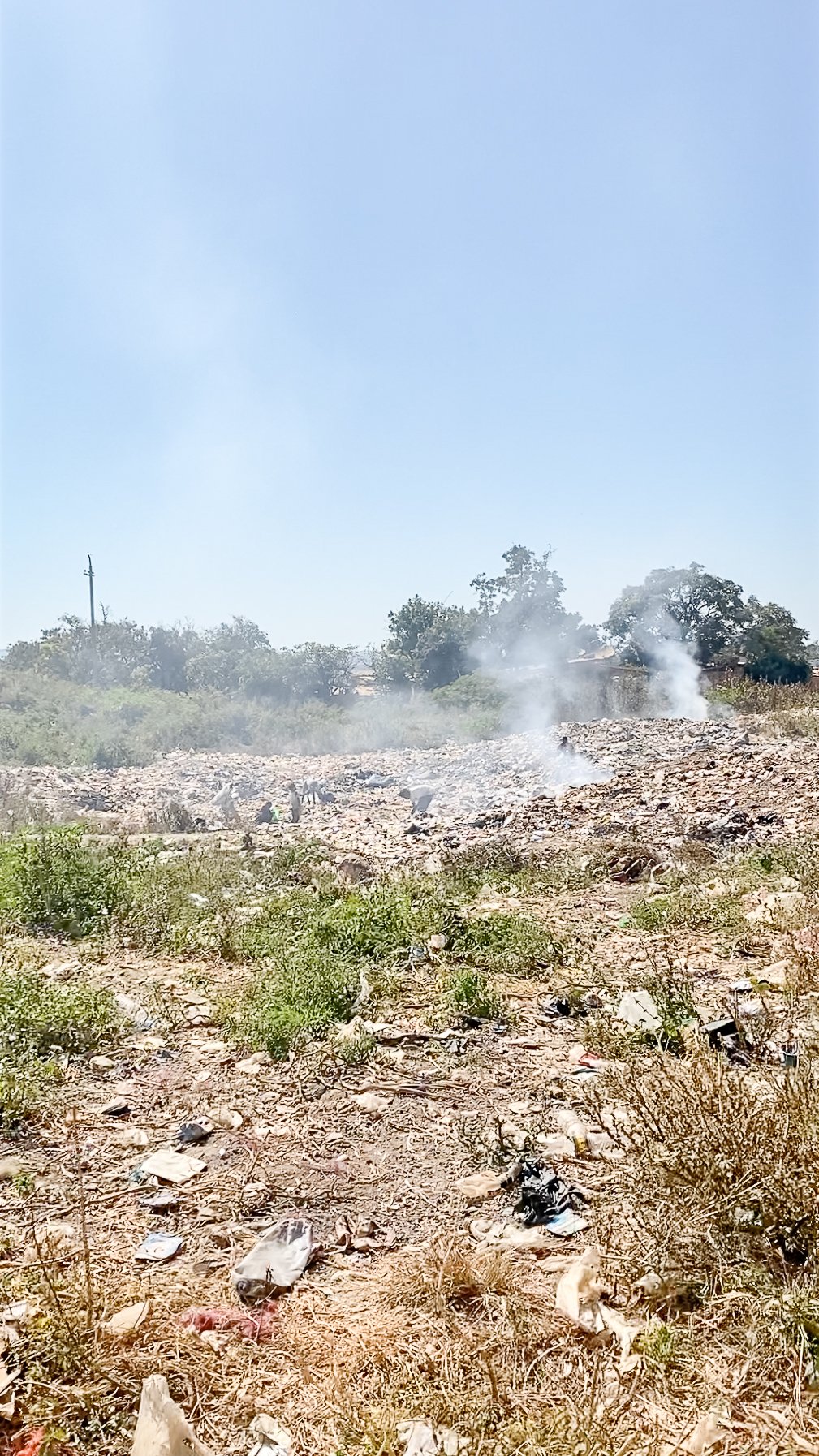
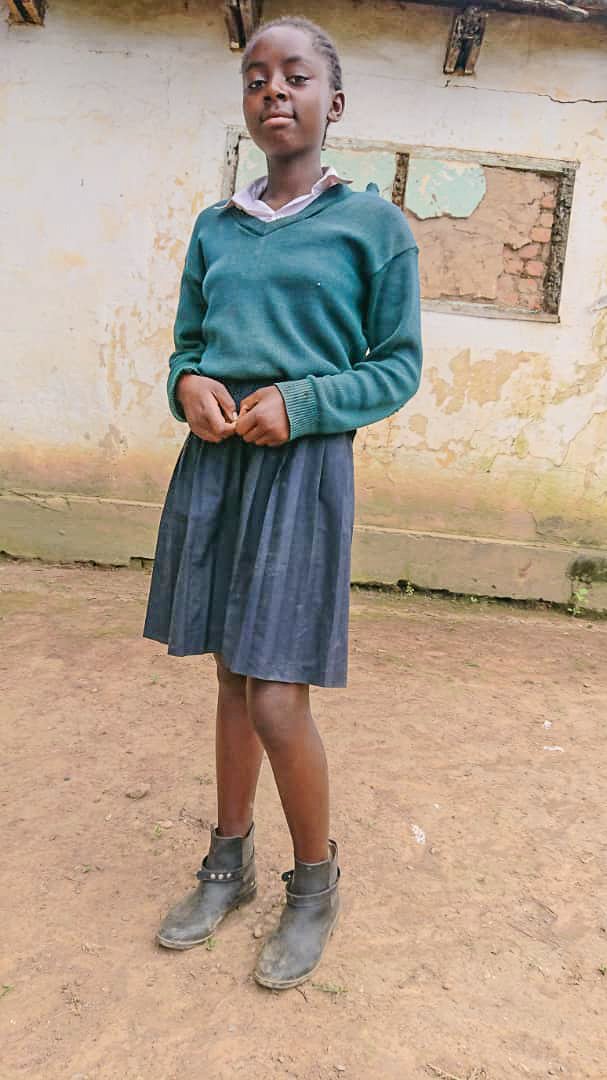

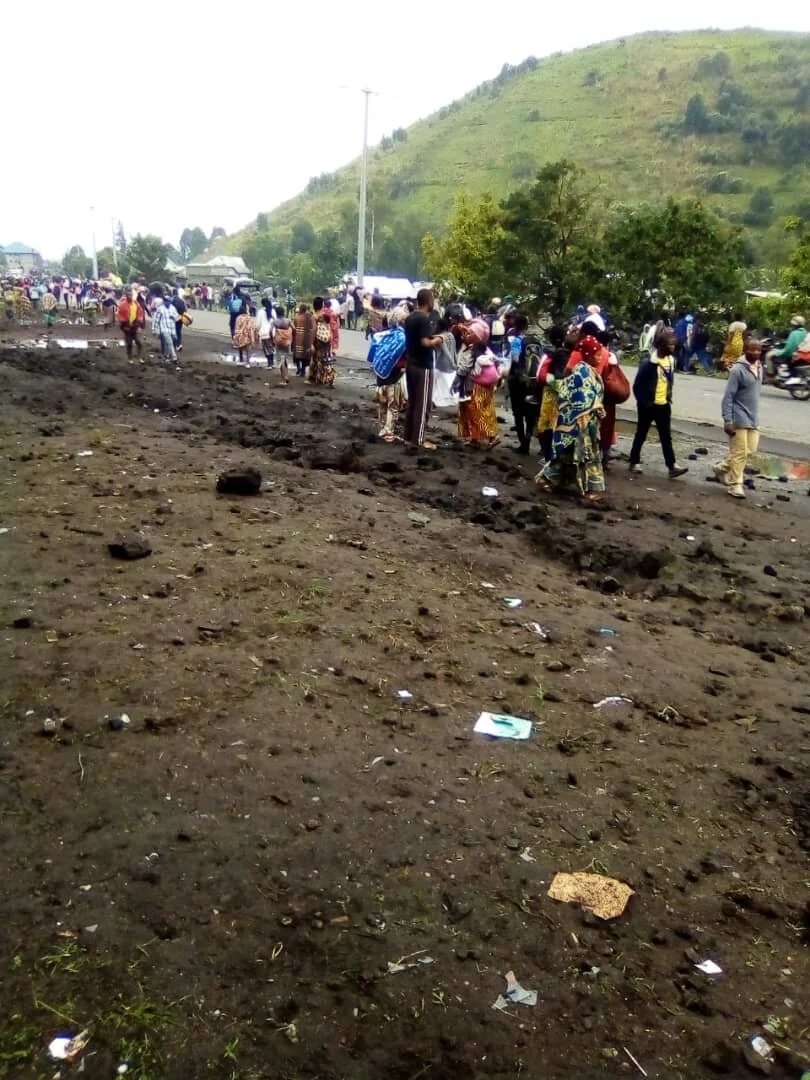







Praise’s grandmother Bertha began caring for him, but she was desperately poor and trying to survive. Praise was hungry - continually crying. People in the community said he would die and tried to put ritual charms around him but Bertha refused and knew God would provide. After her husband passed away many years ago, she said she learned to trust God throughout any hardship.